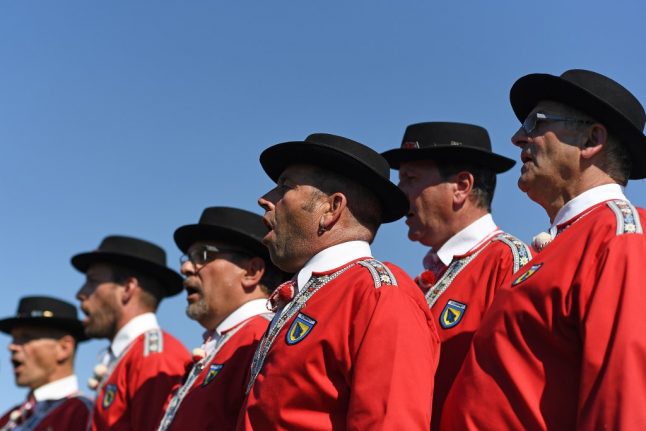As with everything in Switzerland, things differ widely from canton to canton.
There are only four nationally and the cantons with the fewest paid public holidays have only five in total, up to 16 regionally. Switzerland has 26 cantons.
When are they?
January 1st (New Year’s Day), Ascension Day (May 13th in 2021), August 1st (National Day), December 25th (Christmas Day).
Technically speaking, Easter Sunday is also a national holiday, however it always falls on a Sunday.
What else do you need to know?
If the holiday falls on a weekend, you do not get an extra weekday holiday in lieu.
For the purposes of this article the abbreviations for the cantons are as follows:
Aargau (AG), Appenzell Innerrhoden (AI), Appenzel Ausserhoden (AR), Bern (BE), Basel-Country (BL), Basel-City (BS), Fribourg (FR), Geneva (GE), Glarus (GL), Graubünden (GR), Jura (JU), Lucern (LU), Neuchâtel (NE), Nidwalden, (NW), Obwalden (OW) Schwyz (SZ), Schaffhausen (SH), Solothurn (SO), St. Gallen (SG), Ticino (TI), Thurgau (TG), Uri (UR), Valais (VS), Vaud (VD), Zug (ZG), Zurich (ZH)
January:
1st: New Year’s Day, National
2nd: Saint Berchtold’s Day , AG, BE, FR, GL, JU, LU, OW, SH, TG, VD
6th: Epiphany, GR, LU, SZ, TI, UR
March:
1st: Republic Day, NE
19th: St Joseph’s Day, GR, LU, NW, SZ, TI, UR, VS
April:
2nd: Good Friday, National except TI and VS
4th: Easter Sunday, National
5th: Easter Monday, National except NE, SO, VS, ZG
READ MORE: What will Christmas be like in Switzerland this year?
May:
1st: Labour Day, BL, BS, JU, LU, NE, SH, SO, TG, TI, ZH
13th: Ascension Day, National
24th: Whit Monday, National except NE, SO, VS, ZG
June:
3rd: Corpus Christi, National except AR, BL, BS, BE, GE, GL, NE, SH, SG, TG, VD, ZH
23rd: Independence of Jura, JU
29th: St Peter and St Paul, GR, TI
August:
1st: National Day, National
15th, Assumption Day, AG, AI, FR, JU, LU, NW, OW, SO, SZ, TI, UR, VS, ZG
September:
9th: Jeûne genevois, GE
20th: Day after the Federal Fast, VD
22nd: St Mauritius, AI
25th: Brother Klaus Festival, OW
November:
1st: All Saints’ Day, National except AR, BL, BS, BE, GE, GR, NE, SH, TG, VD, ZH
December:
8th: Immaculate Conception, AG, AI, FR, GR, LU, NW, OW, SZ, TI, UR, VS, ZG
24th: Christmas Eve, GL
25th: Christmas Day, National
31st: New Year’s Eve, GL
31st: Restoration Day, GE



 Please whitelist us to continue reading.
Please whitelist us to continue reading.
Member comments